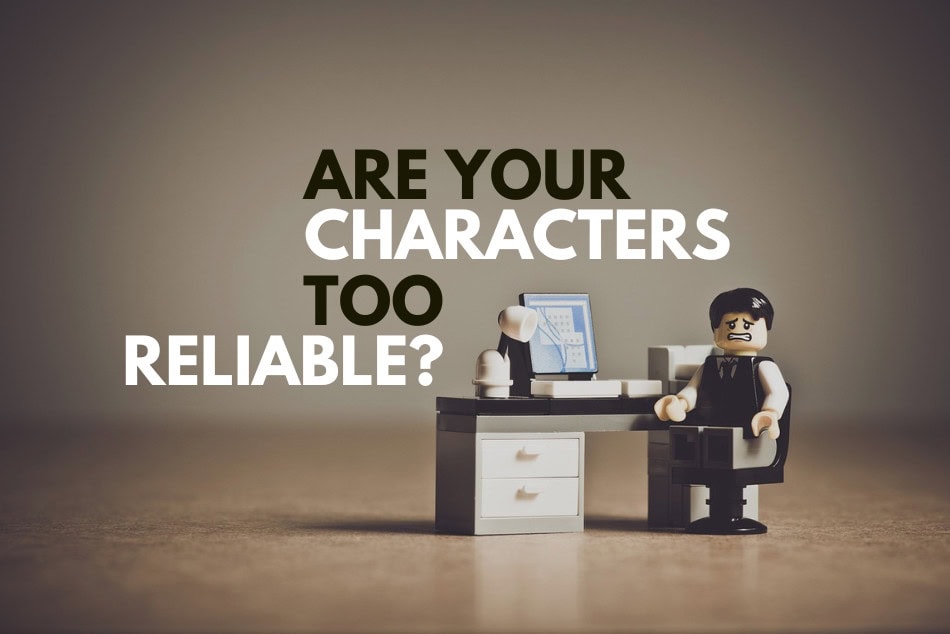My seventh novel isn’t due out until October, but it might have more antagonists than any other book I’ve written. There are a lot of people standing in the way of my main characters and their goals—some well-meaning and some less so, but all with their own reasons.
So when I got feedback that my editor wanted to understand one of my antagonists better—specifically, what drove this person to do a truly unforgivable thing—I thought, no problem. I got right to work delving into all the factors influencing this character, so that when the moment of truth came, her unforgivable act would come as less of a surprise.
Which you’d think would involve making her more, well, antagonistic. Right?
I thought so too.
But as I was developing the character more on the page, laying the groundwork for her own flawed justifications, something unexpected happened: She became more relatable instead. In fact, as I was turning in my revision a month later, I was feeling a bit unnerved.
I said a silent prayer to the revision gods that my editor wouldn’t say: What happened here? I thought you were going to bring out more of the bad in her, not make me feel sorry for her.
She didn’t. My antagonist and I both got the seal of approval. Weird, huh?
Maybe not. The most compelling characters exist in shades of gray, whether they’re on the A Team or the Dark Side. There’s been a lot of trend-watching on Why Unreliable Characters Are So Compelling. We all know readers like to be kept on their toes. But there’s a fine line, too—with the rash of books jumping on the Gone Girl trend, readers started catching on, maybe even suffering some fatigue. Once a reader starts anticipating that a narrator might be unreliable, it becomes harder to pull off that kind of twist. Of course, it wouldn’t be very satisfying to make all your characters exactly who they appear to be, either.
So how to find the right balance of characters who are relatable and compelling but still have some surprises up their sleeves?
Use these 10 questions to identify who in your story may be a little too reliable—and what you might do to fix that.
- Who in your story is too regimented, predictable, archetypal, or flat?
- Who would be more nuanced if they were more suspicious? Or less suspicious?
- Who is a scene-stealer in your story who could play more of a starring role?
- What about your protagonist is too good?
- What about your antagonist is too bad?
- Whose shift might turn out to be a good surprise for the protagonist (Act 3)?
- Whose shift might turn out to be a bad surprise for your protagonist (any act)?
- Who is standing between your protagonist and his or her goal—besides the antagonist?
- Who is getting tired of playing by the rules?
- Who is starting to annoy your reader, even if you can’t put your finger on why?
What are some tactics you’ve tried to make your characters less reliable? Join our discussion on Facebook. (That new novel of mine, by the way, is called Catch You Later. And you can add it to your list now if you don’t want to miss catching it in October.)





